Refat Chubarov, Chairman of the Crimean Tatar Mejlis, told Euronews that any peace agreement at the expense of Ukraine’s territorial concessions, in particular regarding Crimea, would be ‘an indulgence to the aggressor to destroy both the Ukrainian state and the Crimean Tatar people.'
Donald Trump’s victory in the US presidential elections has left many across the world wondering about what Washington's foreign policy is going to look like, especially regarding Ukraine.
The main concern is whether Trump's plan would include any possible territorial concessions, specifically on Crimea.
Refat Chubarov, chairman of the Crimean Tatar Mejlis, told Euronews that any peace agreement at the expense of Ukraine’s territorial concessions, in particular regarding Crimea would be "an indulgence to the aggressor to destroy both the Ukrainian state and the Crimean Tatar people, because Russia will perceive this as weakness."
Shortly after the US presidential elections, the Mejlis — the only authorised representative and executive body of the Crimean Tatar people — issued a statement on the "inadmissibility of compromises at the expense of territorial concessions by Ukraine".
Chubarov quoted it, stating that "Crimea is the homeland of the indigenous Crimean Tatar people and an integral part of the Ukrainian state," and that no decision can be made in their name, not now or ever.
The Mejlis has long had the credibility to decide on all matters pertaining to the Tatars in Crimea. It is often described as the ethnic group's legislative body, but it is a de-facto executive commission or council. It is not an official government institution, but it does serve as the body representing the Crimean Tatar people before the Crimean government, the government of Ukraine, and international organisations.
After the annexation of Crimea in March 2014, Moscow declared the Mejlis an extremist organisation and banned its activities in Russia and Russian-occupied Crimea.
Chubarov left the Black Sea peninsula shortly afterwards.
In 2021, a Moscow-imposed court sentenced him to six years in prison, accepting claims he was guilty of organising mass riots in 2014 and of issuing calls to "violate Russia’s integrity" — the wording used by the Kremlin to describe Crimean Tatars fiercely opposing the annexation.
“No nation will ever give up its land. That is why everyone needs to calm down here, we need to look for conditions for peace, but not at the expense of Ukrainian land”, he told Euronews in Brussels, as Ukraine marked 1,000 days since Russia’s full-scale invasion.
'Red line' for Moscow, not up for debate for Kyiv
Chubarov believes that Ukraine’s partners made a mistake in 2014 with the way they reacted to the annexation of Crimea and Russia’s initial invasion of Ukraine.
A week ago, the former president of the European Commission, José Manuel Durão Barroso, told Euronews that the EU has given up hope that Ukraine will ever succeed in recovering Crimea.
When asked about these comments, Chubarov said some of the European leaders who were in power at that time admitted they made a mistake, like France’s former President Francois Hollande.
"Hollande said, let’s be honest, in order to stop the Russian aggression we need to stop all possibilities of supplying energy carriers, primarily oil and gas from Russia."
"Because this is the product through which Russia is killing its neighbours, Hollande said,” Chubarov recalled.
Ten years later, Crimea is widely seen as the cornerstone of the Kremlin’s strategy over Ukraine and the biggest "red line" for Moscow, as Kremlin leader Vladimir Putin said many times.
Meanwhile, the future of Crimea is not up for debate for Kyiv, as Ukrainian President Volodymyr Zelenskyy repeatedly stated that "the war is not over until Ukraine liberates Crimea".

 5 months ago
42
5 months ago
42
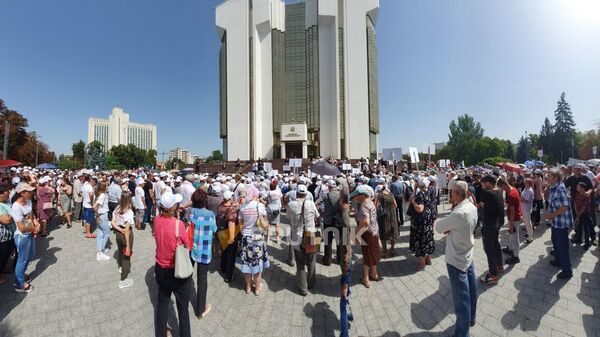
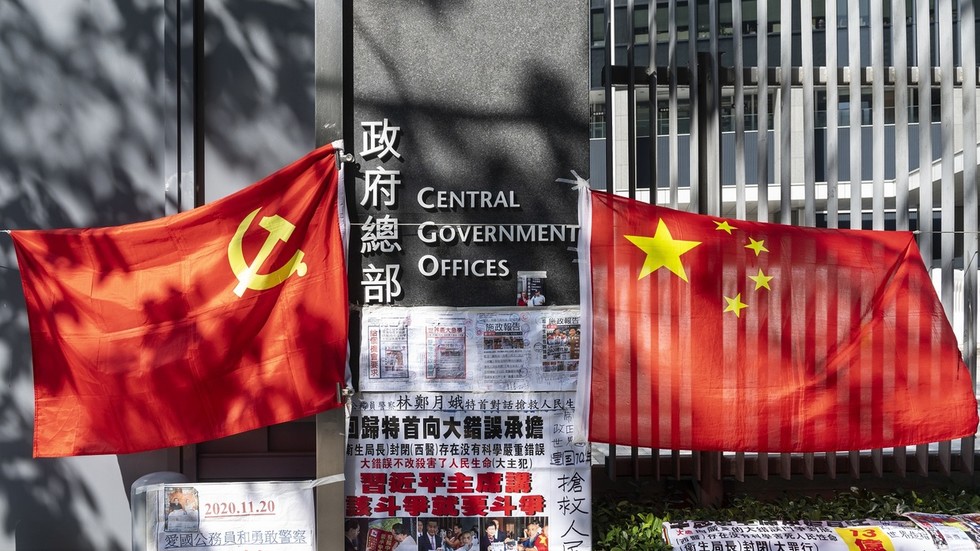
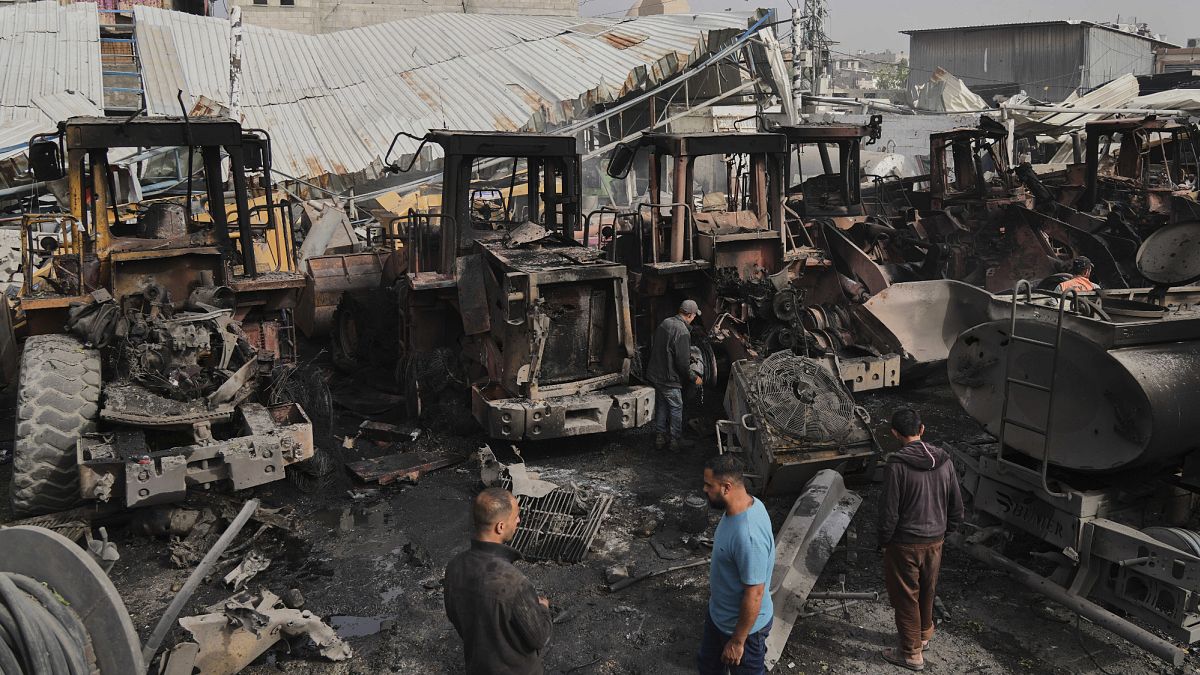
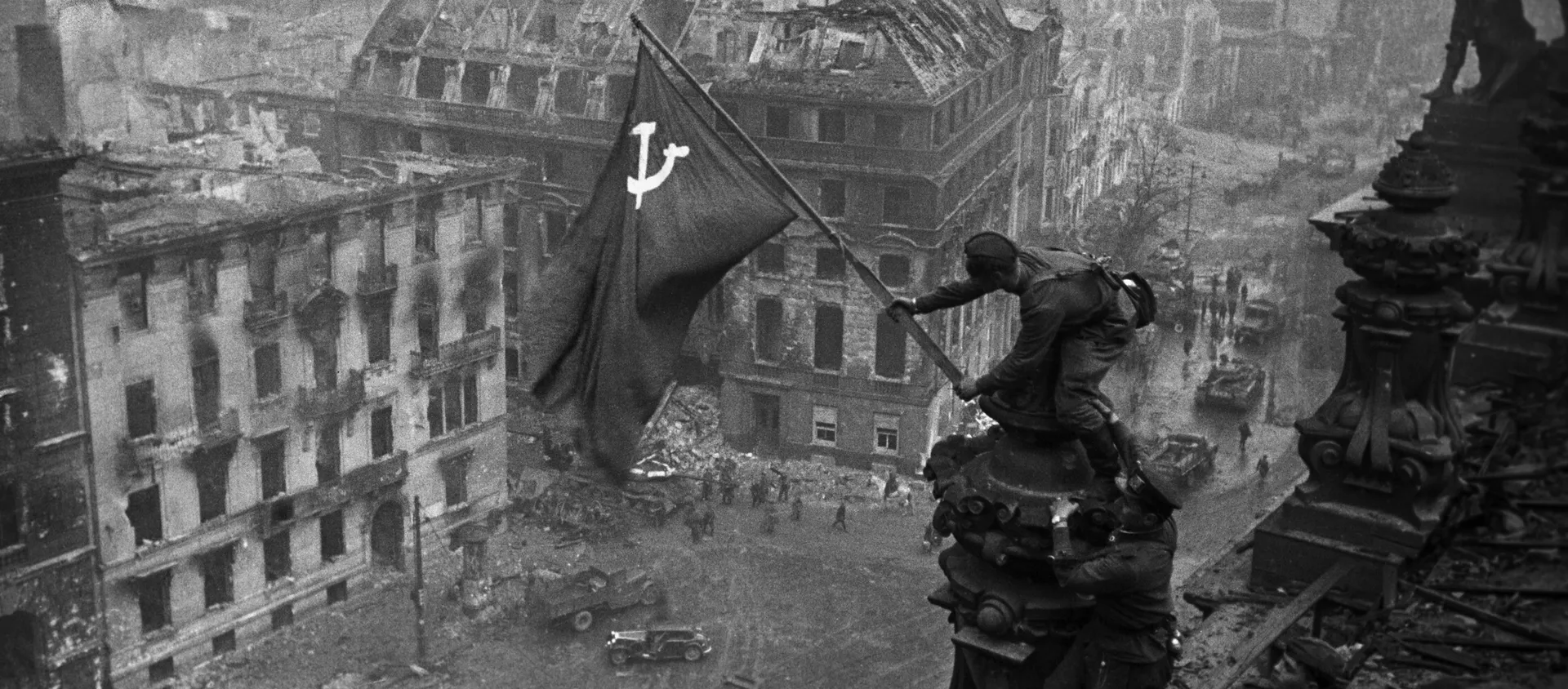
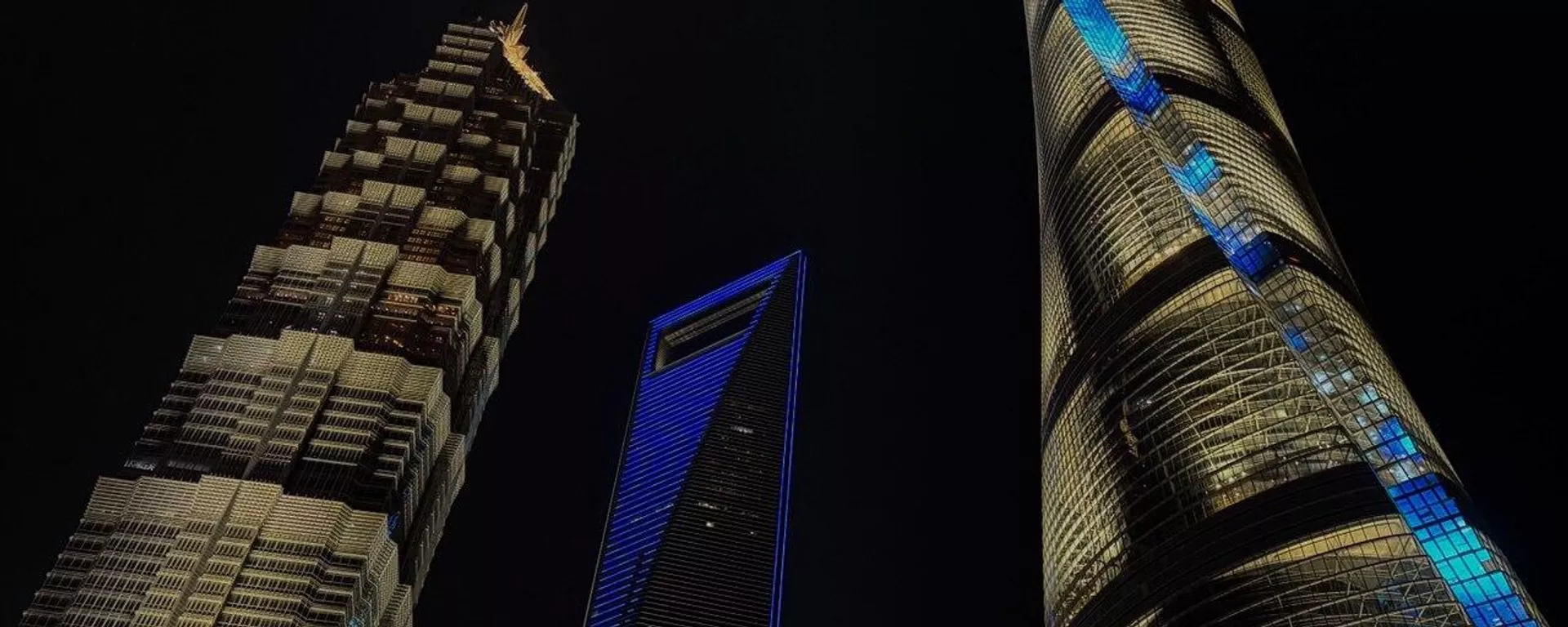
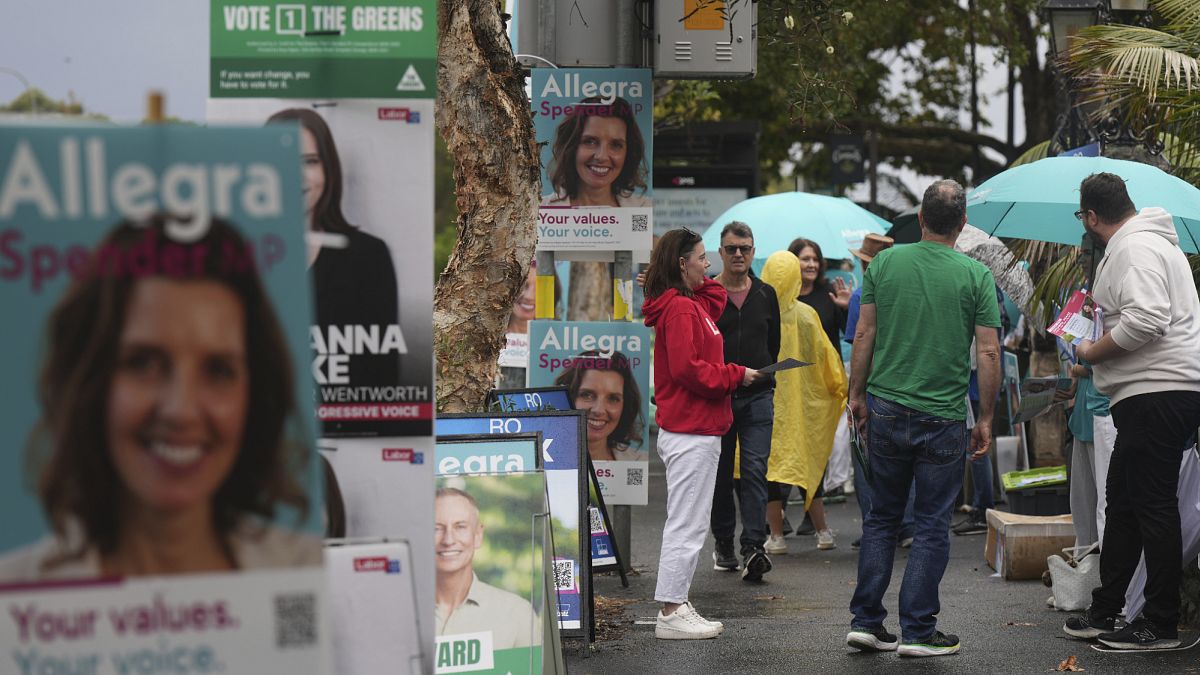
 We deliver critical software at unparalleled value and speed to help your business thrive
We deliver critical software at unparalleled value and speed to help your business thrive






 English (US) ·
English (US) ·